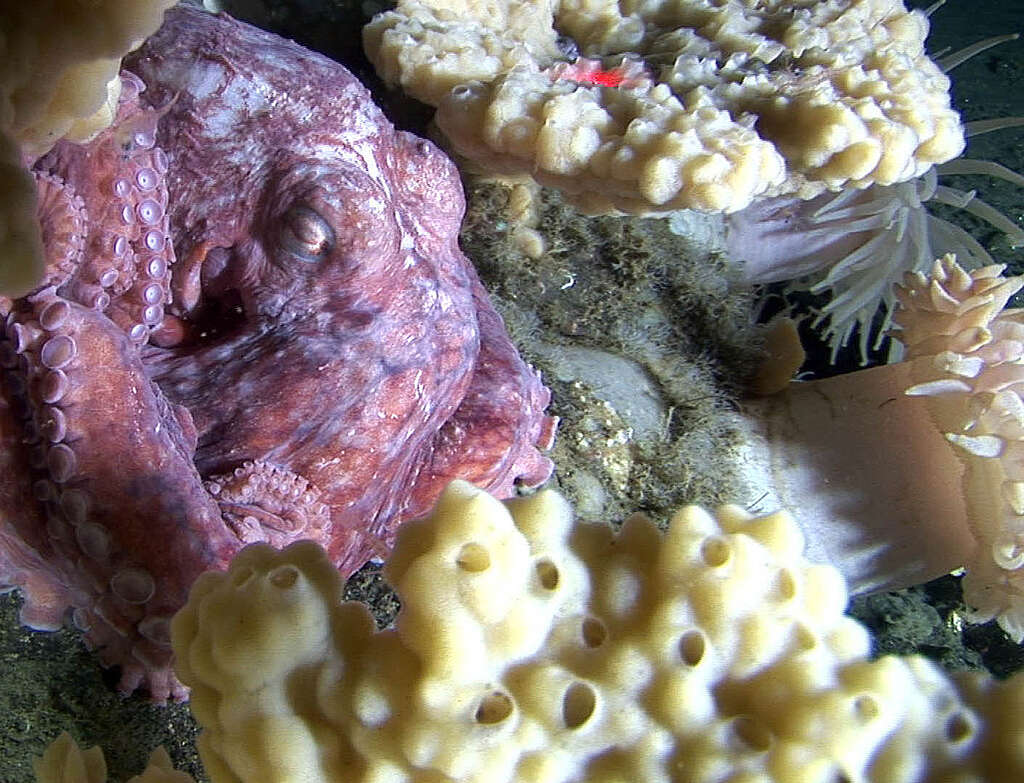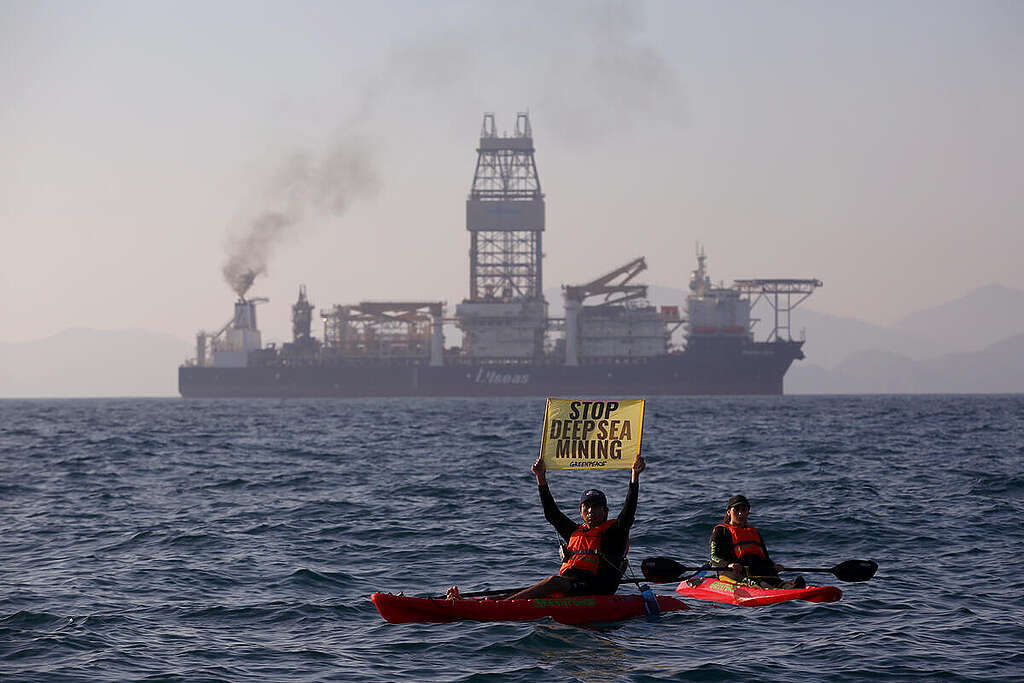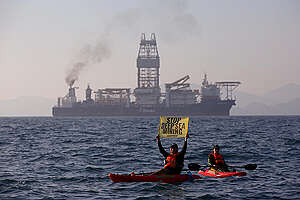Like mining on land, deep sea mining is extremely destructive. But mining the ocean floor is risky for so many reasons.
The full environmental impacts of deep seabed mining are hard to predict. But they’re likely to be highly damaging, both within and beyond the areas being mined.
The oceans are facing more pressures now than at any time in human history, and are threatened by overfishing and the climate crisis. Our oceans absorb and store carbon, and give more than three billion people their livelihoods.
Danger to habitats
The nodules containing the metal deposits have taken millions of years to form and are one of the keystones of deep sea life. When they are gone, they cannot be replaced; nor can the ecosystems that thrive around them. This would cause disruption all the way up the food chain that Pacific communities – and all of us – rely on.
Mining these deposits would destroy biodiversity and habitats which have far reaching benefits to all life on Earth that aren’t fully understood. The deep ocean is a vast reservoir of biodiversity, from glowing sharks to armoured snails, with new species being discovered every year.

Impacts on the climate
The deep ocean is vital in the fight against climate change. It absorbs and stores over 90% of the excess heat and nearly 40% of the carbon dioxide generated by humanity. Risking this delicate system during a climate emergency could have irreversible impacts on the climate.
Underwater noise
The noise from deep sea mining will travel far, and be extremely disruptive to marine mammals that use sound as a primary means of underwater communication and sensing.
Plumes of pollution
Deep sea mining companies haven’t proven that they can do it without harming the environment. They’ve got a huge piece of machinery stuck on the deep sea floor. Their tests are already creating plumes of pollution in the Pacific. These plumes can spread for many, many miles – potentially harming all sorts of ocean life.

Greedy companies want to mine the seafloor for profit. 2 million people worldwide say no to deep sea mining – will you join them?
Sign petition

